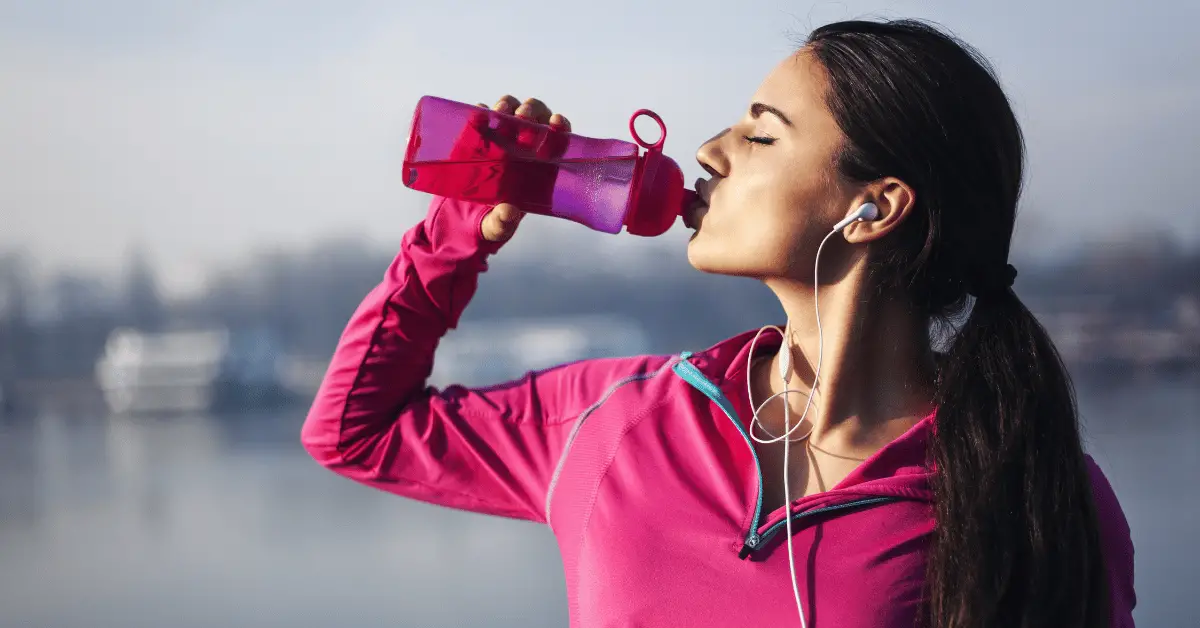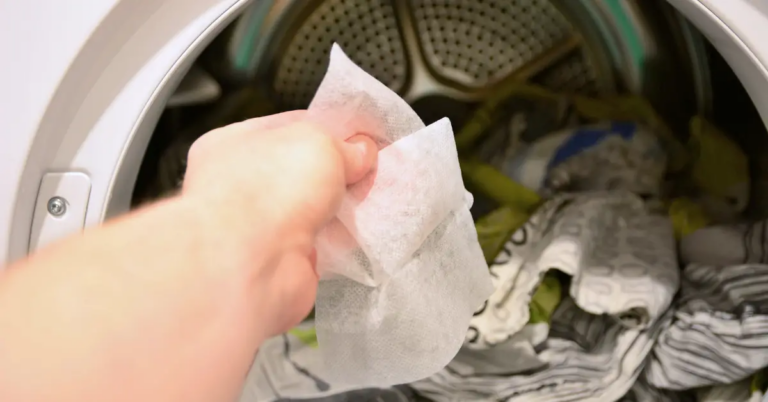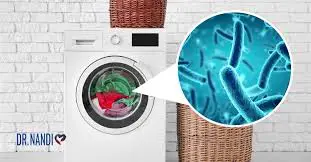We’ve all heard the folk wisdom that eight cups of water a day is the magic amount to keep your body going strong. However, just like the human body has different caloric needs, depending on a variety of factors, each body needs a different amount of water to stay functional. Below, we’ll explore hydration and the human body, looking at what the right amount of water is for you.
For more health and nutrition tips, don’t forget to check out Dr. Partha Nandi’s newsletter!
Why Is It Important To Drink Enough Water?
Most of us know that water is good for us, but many of us may not know exactly why. It can be hard to prioritize your water intake if you don’t understand why it’s important.
Keeping Your Body Functioning
Lisa Drayer, a registered dietitian, says that “water regulates our body temperature, keeps our joints lubricated, helps prevent infections and delivers nutrients to our cells. Additionally, our kidneys and liver work hard to get rid of toxins in our bodies, and they depend on water to do their job.” (1)
Staying Alive
Former Minnesota Vikings offensive lineman Korey Stringer died of heatstroke in 2001. Since then, his wife has partnered with the University of Connecticut to create the Korey Stringer Institute, which studies how to keep athletes healthy. Proper hydration is one of the biggest keys to preventing heatstroke.
In fact, since 60% of the human body is made of water, water is more important to the body than food – while you, of course, need both, you will die much faster from dehydration than starvation. (1, 2)
Mental Health
CEO of the Korey Stringer Institute, Douglas Casa says, “We did a study on people who were mildly dehydrated, which can happen within just 30 minutes of exercise, and we found mood was compromised in both men and women.”
But it’s more than just a minor mood drop. “When you’re well-hydrated, your sleep quality is better, your cognition is better, you function better, your mood is better, the list goes on,” says Casa. When you maintain adequate hydration, you’re starting every day mentally ahead, giving you an emotional boost for your day. (2)

So How Much Water Should You Drink?
Well, there’s no easy answer, since it depends on a variety of factors, but the U.S. National Academies of Sciences, Engineering, and Medicine recommends a baseline of 15.5 cups (3.7 liters) of fluids a day for men and 11.5 cups (2.7 liters) of fluids a day for women. But since this is just an average, there are several factors to take into account (1,3)
Water and Weight
The University of Missouri shares a formula for calculating your base water level based on weight: weigh yourself in pounds and divide that number by two. That is how many ounces of water you should be aiming for, at a minimum. (3)
Exercise and Water
The more physically active you are, the more water you will lose, as water is expelled through both breath and sweat – both things that happen more frequently during moderate to heavy physical exercise.
The American College of Sports Medicine says that for every 30 minutes that you are working out, you should add 12 oz of water to your base daily intake. (1, 3)
Pregnancy and Water
If you are pregnant, you’ll need to drink more water — after all, you’re growing an entirely new human being, and that requires a fair bit of your body’s resources. Add between 24-32 oz of water to your daily intake when pregnant, and adjust based on how much you weigh. (3)
Environment and Water
Heat and high altitudes make your body pump out its water supplies at much higher rates. It’s important to compensate for that not only by drinking more but also by drinking lots of water before you get into these environments. (3, 4)

What If I Can’t Drink That Much Water?
Whatever number you get using these guidelines may seem like a daunting amount – maybe you struggled to get to eight cups of water, and now you may need to drink twice as much. How are you supposed to keep up?
Well, the first thing to do is think about why you’re having a hard time with your water intake. Professor of nutrition and epidemiology at Harvard T.H Chan School of Public Health thinks that most of us may struggle. “Why don’t Americans like to drink water? Because we are conditioned to expect high levels of sweetness in everything, and that has led to a lot of problems,” he says. “High levels of sugar have adverse metabolic effects, and the amounts we get in beverages today is so huge that it is one of our major health issues.”
One of the things you can do is try to improve the taste of your water, in healthy, natural ways. Try adding slices of cucumber, citrus, or different berries into your glass. (1)
I Still Can’t Drink That Much Water
The good news is that a glass of water isn’t the only way to boost your hydration. Dietitian Lisa Drayer says, “I often remind people that broth-based soup, as well as other beverages including tea, coffee, and milk, count towards your daily fluid intake. Also vegetables including cucumbers, lettuce, celery, and tomatoes, and fruits including watermelon, cantaloupe, and strawberries [count towards your hydration].”
How To Tell If I’m Drinking Enough Water
If your urine is colorless or a pale yellow, you’re probably adequately hydrated. A regular urination schedule, every 2-4 hours, is also a good sign.
In contrast, if your urine is darker in color, you feel thirsty, or you have a headache, you need to step up your water intake. Sometimes, the body signals hunger instead of thirst when you’re dehydrated, so if you feel hungry when you normally wouldn’t, try drinking water as well. (1, 3,4)

Sources
- https://www.cnn.com/2017/09/27/health/benefits-of-water-and-fluids/index.html
- https://ksi.uconn.edu/about/korey-stringer-institute/
- https://www.umsystem.edu/totalrewards/wellness/how-to-calculate-how-much-water-you-should-drink
- https://www.mayoclinic.org/healthy-lifestyle/nutrition-and-healthy-eating/in-depth/water/art-20044256



















